With high-tech towards the rising sun
In view of the growing threat situation in the region, Japan is modernising its navy. In-house developments are complemented by purchased technology in the best possible way. Japan has the sixth longest coastline and the sixth largest Exclusive Economic Zone in the world. More than 90 per cent of Japan's foreign trade is conducted by sea. In line with its maritime interests and the exposed location of the island state, Japan maintains the second largest navy in Asia. The Japanese Maritime Self-Defence Force (Kaijo Jieitai) - known internationally as the Japanese Maritime Self-Defence Force (JMSDF) - currently has a total of 155 units, including supply vessels, patrol vessels and auxiliary vessels. The vast majority of the fleet is domestically produced. The majority...
Read More

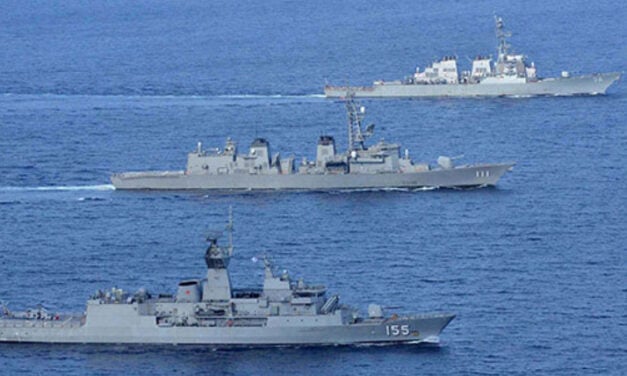
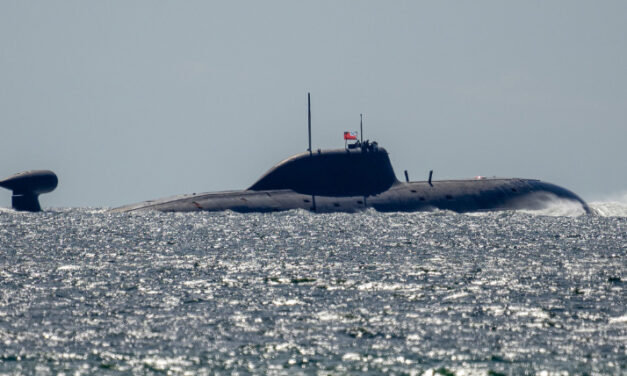
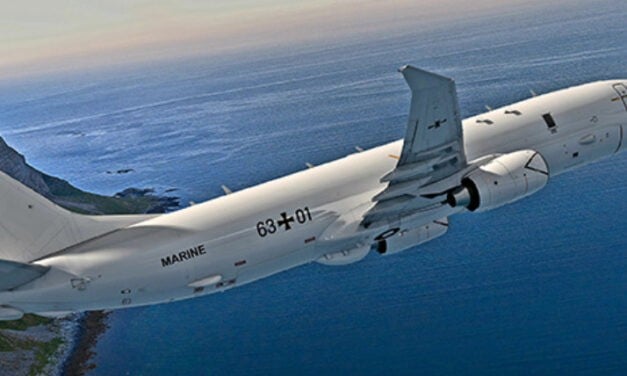
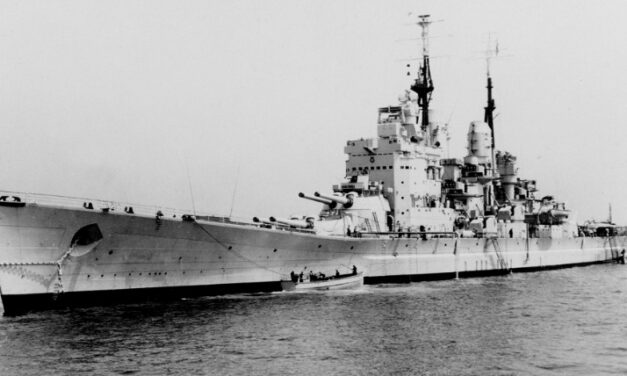
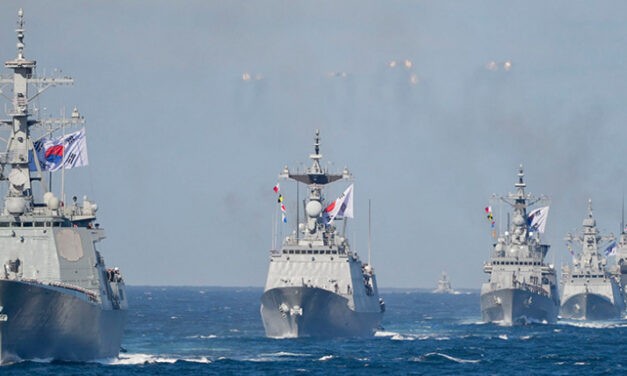
Recent Comments